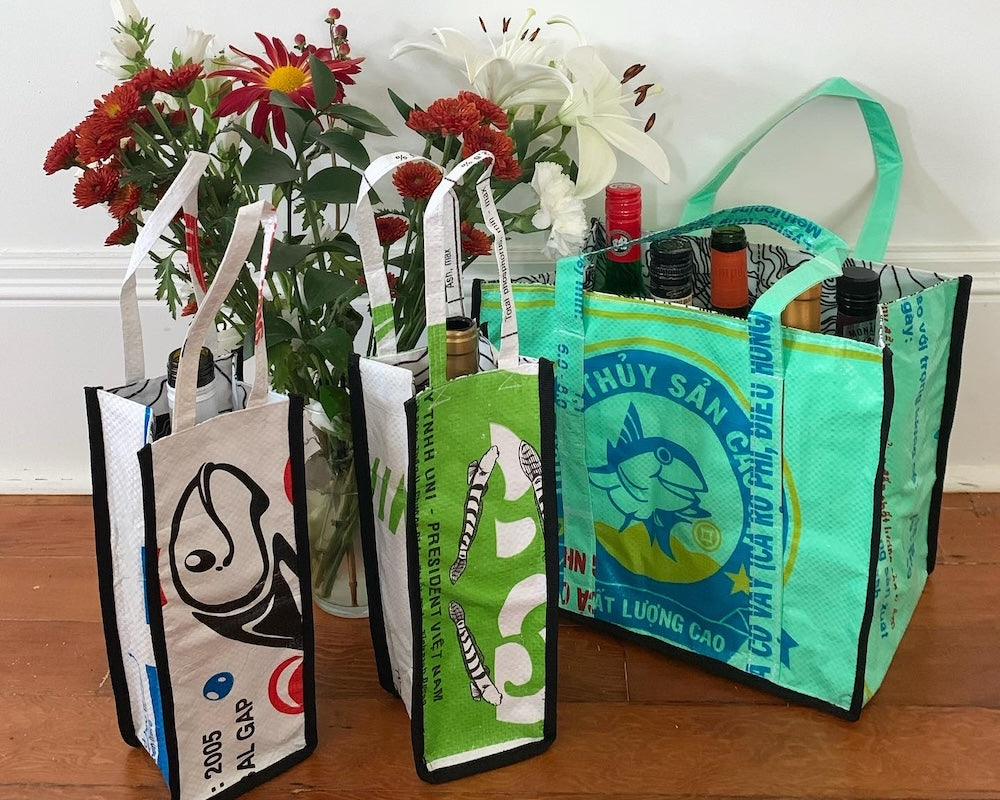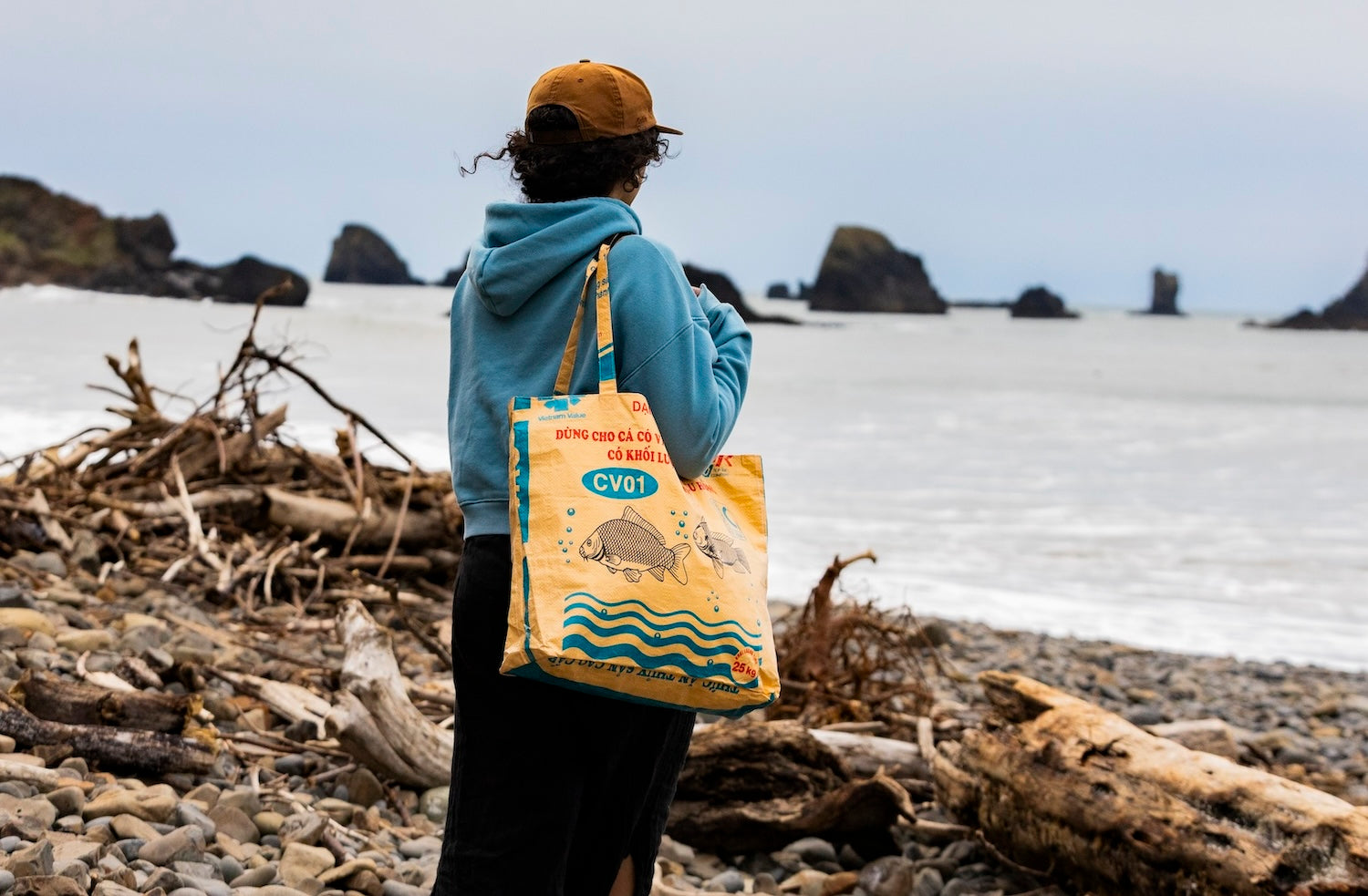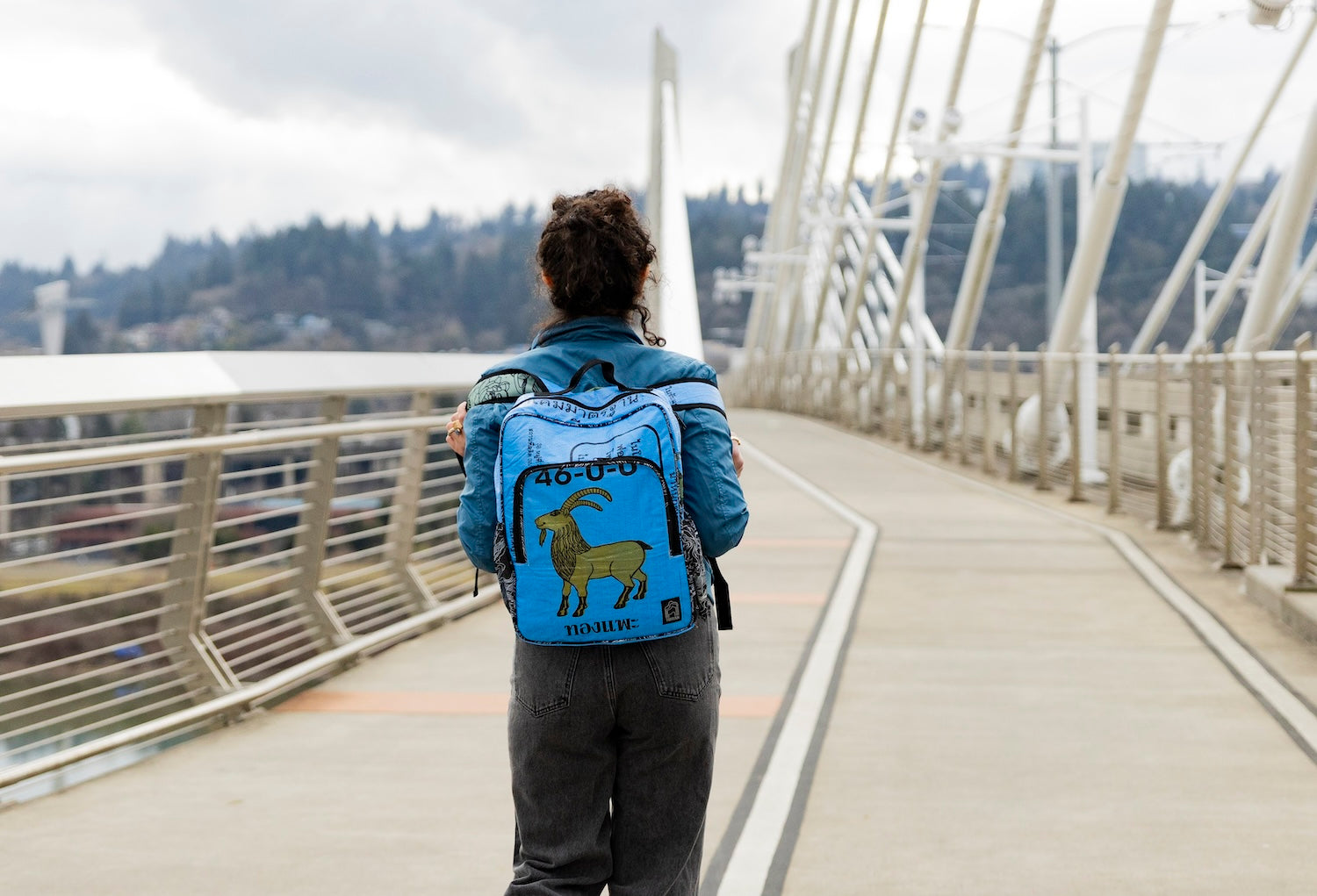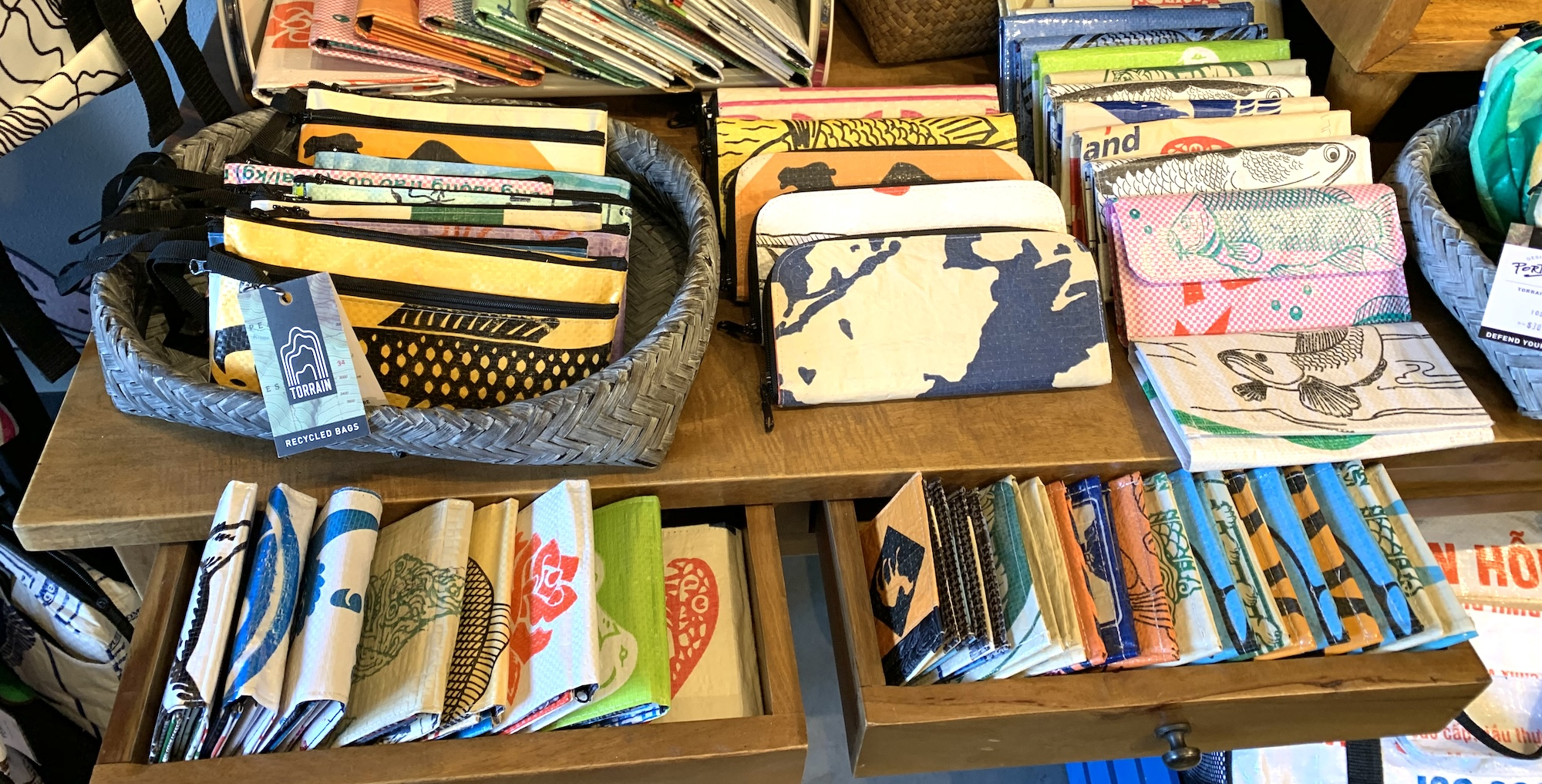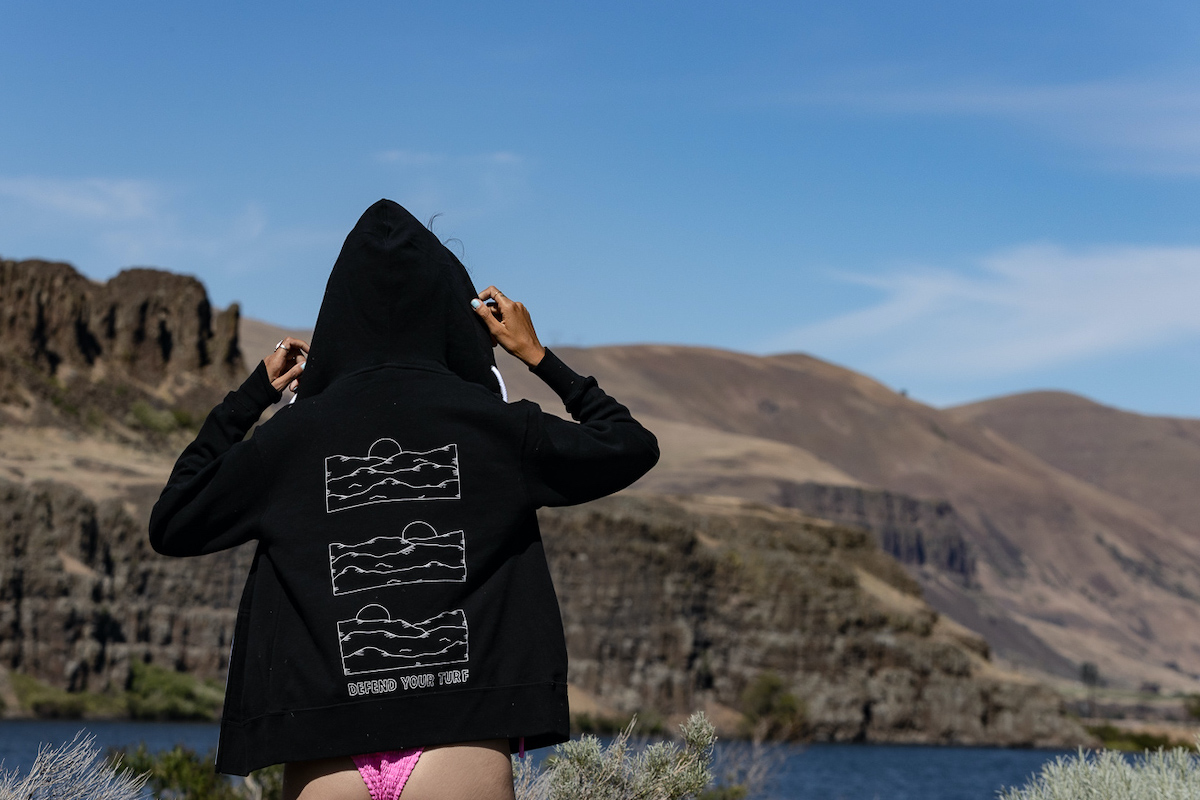How many of you grown your own food? How many of you want to learn? Well, here is a simple practical guide on how to get started!
A lot of homes in Portland have raised beds on the property so that would be the ideal place to start. However, if you don’t have access to raised beds, or even a large yard, you still have options! There are so many things that you can grow in pots!
The first step would be to google what growing region you are in. Here is a useful resource.
Portland, Oregon is Zone 8b.
Finding out what can easily grow in your region will be helpful when determining what to plant and when. When planning your garden make sure to pick a nice and sunny spot around your home. You can either use seeds which you will need to start inside, or you can buy starts from your local nursery in the Springtime. If starting from seed, take a look at the back of the seed packets to know when to start them inside.
Next up is the fun part! Start to plan your garden! I love to write out a list of all the yummy things I plan on growing that year.
Here is a list of my favorite summer items to grow in Portland:
- Basil - Plant when the rains stop and soil is consistently above 50 degrees
- Bush Beans - Put seeds in the ground in May, harvest in about 2-3 weeks, plant more!
- Cilantro - I prefer to just buy cilantro starts from the store, it's tough to start from seed. Plant when you plant your basil.
- Cucumbers - Start your seeds indoors in May. Plant outside when it is consistently warm outside and the rain has stopped.
- Dill - When the first frost has passed, plant directly outside.
- Micro Greens - You can grow micro greens indoors, year round! A black planting tray from the gardening store would be the easiest vessel to grow in. Put some veggie soil in the tray, plant the seeds and water when it needs it. Place in a part of your home that gets good light.
- Mixed salad greens - Plant directly outside in March.
The good news, you can grow any of these items in pots! Portland has great free boxes all over the city so I just constantly scan the streets for free pots, I usually find really good ones! At the end of the day, you can use a myriad of different containers to grow food - just make sure there are holes in the bottom to allow good drainage in the soil. My friend's garden is made up of upcycled dresser drawers!
After you have created your list and collected your pots, the next step is finding your seeds or starts. Pretty much every store in Portland these days has organic seeds for purchase. However, there are also options to find them for free.
- Talk to your neighbors
- Look for seed swapping events in your neighborhood
- Portland has a community called PlantBloc. Their Instagram handle is @Plantbloc. They offer plenty of free seeds and food for the community.
Although starting from seed is a great option, the easiest solution would be to buy starts from your local nursery.
So far, super easy right!? Take care of all these little tasks over the winter and you will be ready to go in the spring!
Once you're ready, put on your finest gardening outfit and get dirty!
Tips to go by:
-Plants need at least 6 hours of sunlight per day. A few veggies, such as salad greens, will tolerate more shade.
-Make sure you have access to water when choosing the location.
-Plant in moist, well drained soil. If you are planting in a raised bed that already has soil you can test the soil to find out what nutrients it needs. Always amend your soil with some good compost. If planting in pots, you can buy soil and compost from your local gardening store. Mix the two together for a nice healthy place to plant seeds. Check the back of the seed packages to find out how deep to plant the seed.
- Don't overwhelm yourself with information! Gardening takes experience and the best way to get that experience is to put the plants in the ground and experiment!
- Water the seeds everyday, but don’t soak them. Make sure the soil is drying each day. Keep them in the sun! As they grow bigger, look up how to prune the different types of plants you are growing for a more fruitful harvest.
Gardening is an incredibly rewarding experience. There is even evidence that the microbes in soil help heal depression and anxiety. Gardening is also trending these days, so it's easy to find all the resources!
Cant wait to hear about your journey of growing food!
xo
Remy


